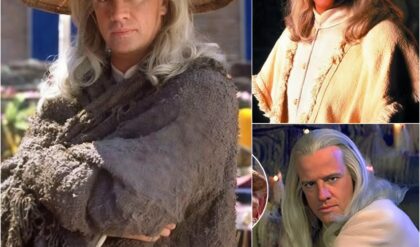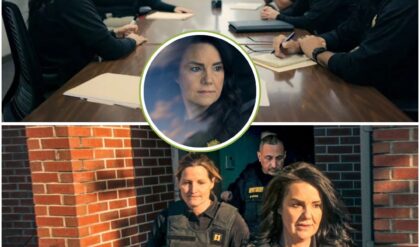
Editor’s note: The below contains spoilers for Episode 1 of The Last of Us.The Last of Us may primarily chronicle Joel Miller’s (Pedro Pascal) character arc, but the premiere episode of HBO’s already successful adaptation made one thing quite clear: every plot advancement thus far hinges upon the women in his life rather than Joel’s actions. The male protagonist, in fact, is a more reactive than a proactive agent up until The Last of Us Part I‘s conclusion, a subversively novel change across any medium. Sarah, Tess, Marlene, and Ellie each fulfill different narrative necessities and contribute distinctive viewpoints.
Such variety is a testament to co-creators Neil Druckmann and Craig Mazin’s thoughtful narrative framework, especially considering how each woman’s uniqueness propels the story forward in vital ways. And with the additional time afforded to a televised format, Druckmann and Mazin flesh them out with new scenes that deftly characterize their respective circumstances, demeanors, and effects on future events.
Sarah Is a Person First and a Daughter Second
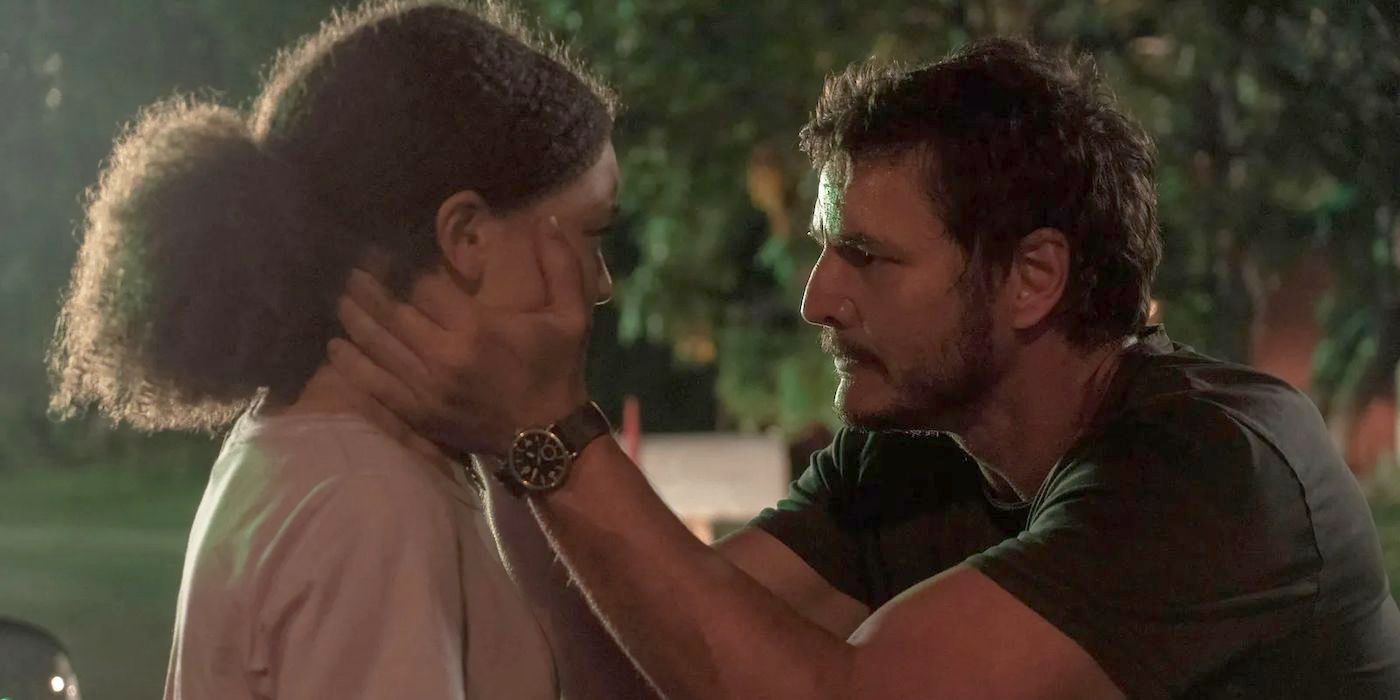
The fate of Joel’s daughter Sarah (Nico Parker) was, unfortunately, no surprise to long-term fans. Her death sets the trajectory of Joel’s characterization and shapes the entirety of The Last of Us’s beating, bruised heart. The series’ choice to devote extra time to Sarah results in no placeholder child but a tangible teenager. It’s seen in her witty personality shining over family breakfast, taking notes in class, making cookies with her neighbors (oh, that relatable disappointment at the raisin flavor over chocolate chip), and noticing that something’s wrong of her own accord before the outbreak starts in earnest.
For most of these moments, Joel plays no part. As a person first and daughter second, Sarah’s loss is more agonizing than her game’s counterpart. Although powerless victimhood was always the point, Sarah both personifies and foreshadows how complex love can become when it’s set against a merciless world and compounded by trauma; she represents The Last of Us‘s thesis statement.
Highlighting Tess’s Emotional Vulnerability Makes Her a Stronger Character
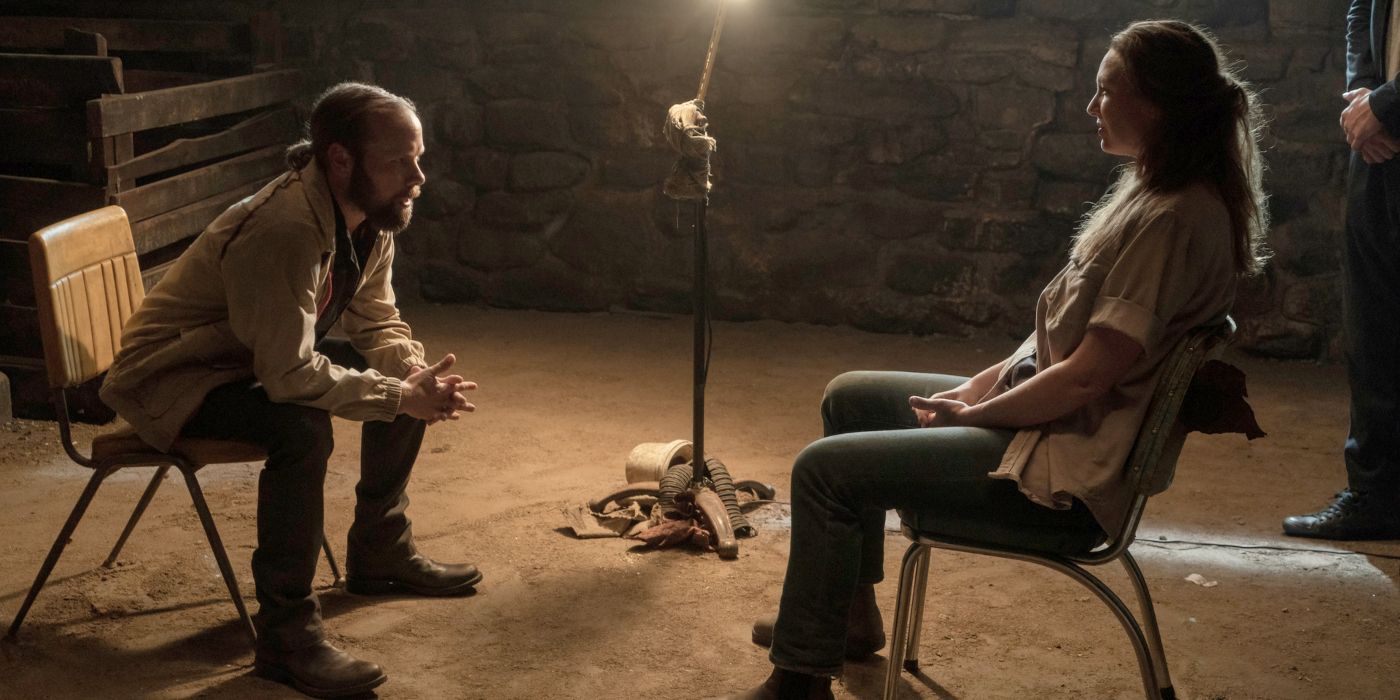
Tess (Anna Torv), Joel’s smuggling colleague and (after a decade of fan supposition) confirmed romantic partner, likewise thrives in new scenes independent of his influence. One well-timed close-up during her introduction spells out how severely Robert’s (Brendan Fletcher) goons beat her during an altercation. Yet Tess slouches nonchalantly in her chair, radiating nothing except experienced confidence, cool impatience, and a sarcasm dry enough for a throat lozenge. She’s even more intimidating leaning into the skittish Robert’s space and staring him down unflinchingly. Her facade breaks only during an interrupting clash between FEDRA soldiers and Firefly revolutionaries. Explosions, bullets, and death rain down in an overwhelming cacophony, and the camera holds on Tess’s terrified face as she cycles through terror, grief, and acceptance.
Affording Tess this devastating emotional vulnerability doesn’t undercut her prior strength; it enhances it. A brutal reminder of how quickly her cultivated power can vanish, let alone her life, cements her continued resilience and unearths the humanity she needs must bury underneath that hardened survivor’s shell. What choice is there except to keep going? She decisively negotiates with Marlene (Merle Dandridge) to escort Ellie (Bella Ramsey), and when the soon-deceased Robert worries about Joel’s retaliatory anger, Tess calmly responded, “He answers to me.” And returning home to embrace a half-sleeping Joel with exhausted tenderness speaks monumentally to their history, trust, and equal standing.
Marlene Tempers Kindness With Experience
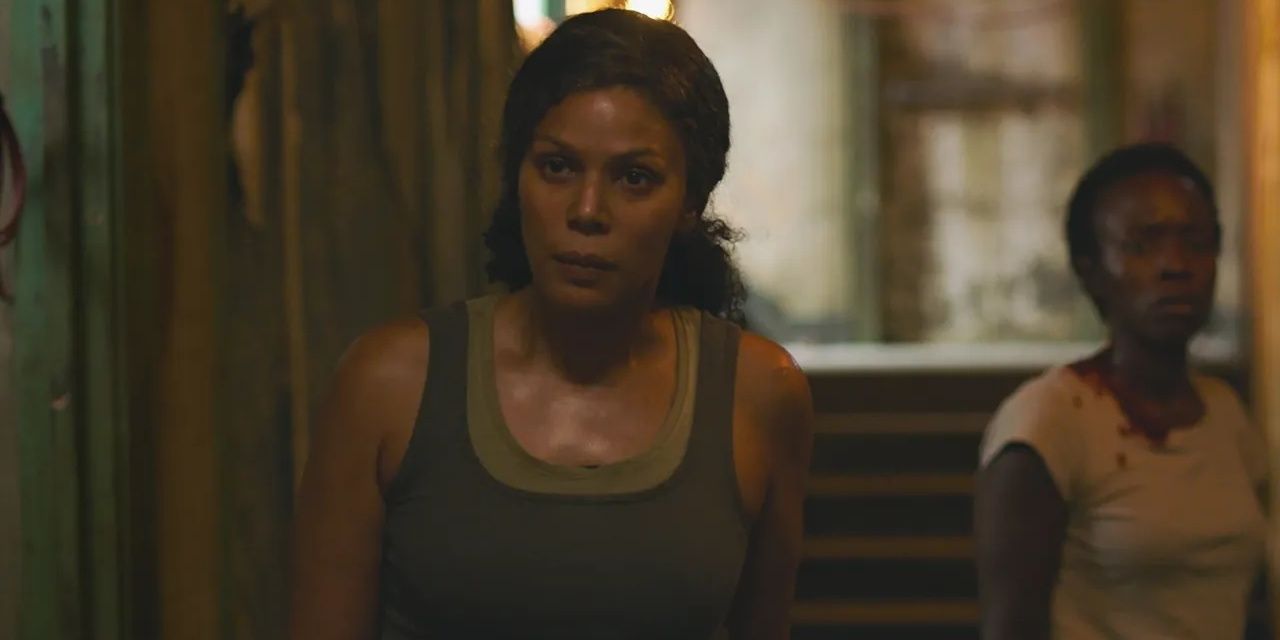
Marlene, the leader of the Boston Fireflies, isn’t too dissimilar from Tess. She’s assured, focused, and weary from decades of failed revolution. Her straightforward honesty with her group translates to Ellie, whose immunity restores Marlene’s purpose and perhaps even alights the woman with a long-forgotten hope.
As such, with Ellie, a fondness that avoids showing its full belly creeps into Marlene’s voice. She protected her friend’s newborn daughter yet kept Ellie manacled in an isolated room for days. Marlene’s experienced worldview, seen as much in Dandridge’s gray hairs as her body language, tempers her kindness with “necessary” precautions. She and Tess speak the same language, and it’s a nice touch that she doesn’t lack for humor (“Y’all talk it through, but please remember that I’m bleeding out”).
“Look for the Light”
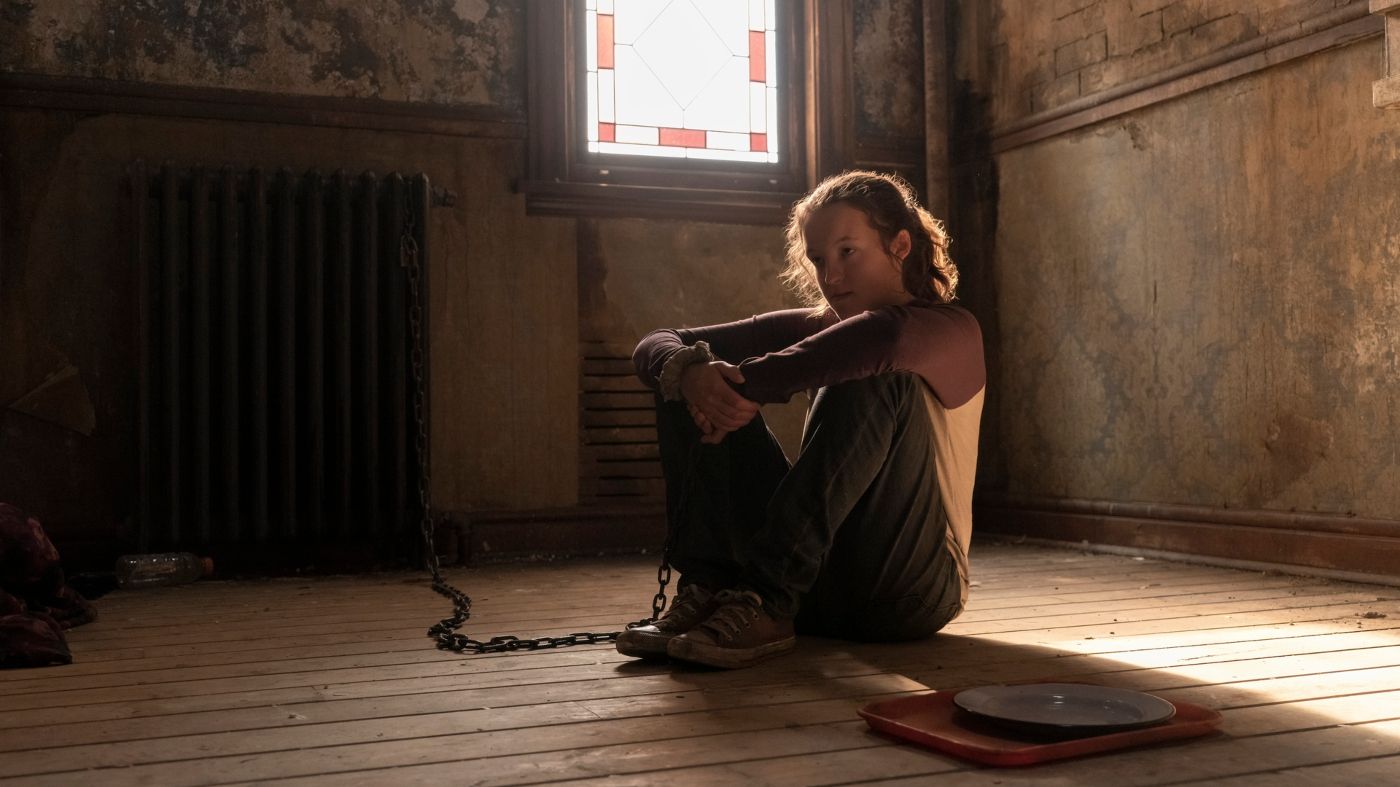
Ellie is the series’ port in a storm, in equal measures ferocious, feral, and scared little girl, with each depicted in tumultuous spades by Bella Ramsey. The actress needs one scene to convey Ellie’s brutal snark and fearsome rage as she flips off the Fireflies and fruitlessly yanks at her manacles to break free. Hell, a switchblade’s the first thing she reaches for when allowed, and fairly so. Ellie has no idea why she’s a captive. The first sight of the frightened teenage girl hiding under her case-hardened anger is when she asks Marlene, voice breaking, “Why won’t you let me go home?”
Ellie is a character who never knew a world before the virus. Before meeting Joel, a lonely, manacled Ellie sits on the floor of her makeshift prison and stares at a graffitied wall: “When you’re lost in the darkness.” It’s one half of the Fireflies’ mantra and missing the crucial second part, “Look for the light.” Later, Ellie will yell at Joel, stare pensively out a window, loudly gape at being outside for the first time, and silently enjoy Joel beating a man to death for her protection. This less lonely Ellie learns to look for the light after years of abandonment, and she’s as vibrant as a fan could dream.
The Last of Us premieres new episodes every Sunday on HBO and HBO Max.
